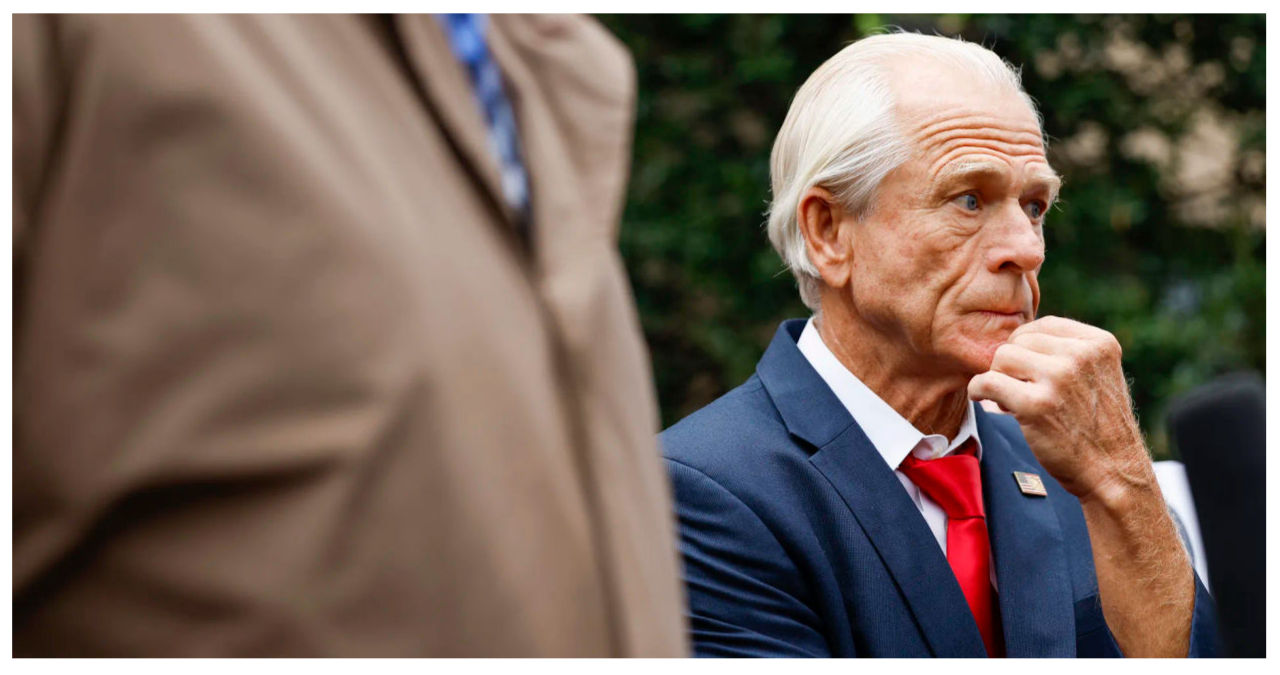Peter Navarro, a former economic adviser to ex-President Trump, has been instructed to commence his four-month prison sentence on March 19 in a Miami correctional facility. This comes as a consequence of his refusal to cooperate with a congressional inquiry into the Capitol attack on January 6, 2021.
Navarro, who is 74 years old, was found guilty of two counts of contempt of Congress in the previous year. The first count was for his failure to produce the requested documents pertaining to the investigation, while the second count was for his absence during his deposition.
In a court filing on Sunday, his lawyers argued that a federal appeals court should temporarily suspend his sentence while he appeals his conviction. Should this attempt fail, he could potentially be the first significant Trump advisor to face imprisonment for his involvement in the attempts to overturn the 2020 election.
U.S. District Judge Amit Mehta, who presided over Navarro’s trial, rejected the request to keep the Trump ally out of prison during the ongoing appeals process.
Navarro’s legal team argued that the invocation of executive privilege by Trump, which Navarro claims applies to all testimony to the House Jan. 6 panel, meets the necessary threshold.
In a recent ruling, the judge stated that Navarro’s appeal does not present a significant legal issue, thus dismissing the possibility of his release.
Steve Bannon, a former White House adviser, was convicted on two counts of contempt of Congress last year. He was sentenced to four months in prison. However, a different judge ruled that Bannon could remain free while his appeal is pending. In November, Bannon presented his case before a federal appeals court and has yet to serve any time in prison.
During the trial, prosecutors argued that Navarro displayed a complete disregard for the House committee’s investigation and a blatant contempt for the rule of law.
Assistant U.S. Attorney John Crabb emphasized the gravity of the committee’s investigation, stating that it focused on an attack that struck at the core of our democracy. According to Crabb, there was no investigation more significant or weighty that Congress could undertake.
During his sentencing, Navarro expressed to the judge that he genuinely believed that executive privilege had been invoked by Trump. However, Mehta had already ruled that Navarro could not use this as a defense during the trial.
In the court filings, the lawyers of the former Trump adviser expressed their concern that Mehta’s decision had severely limited Navarro’s defense. They highlighted that the decision had left unresolved the crucial question of whether a president has the authority to instruct his subordinates to refrain from testifying before Congress.
Navarro expressed his belief to reporters last year that his case had the potential to be brought before the Supreme Court. He highlighted the important issue it raises regarding executive privilege for senior White House staff.



